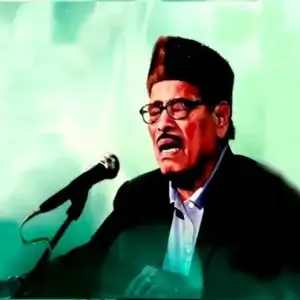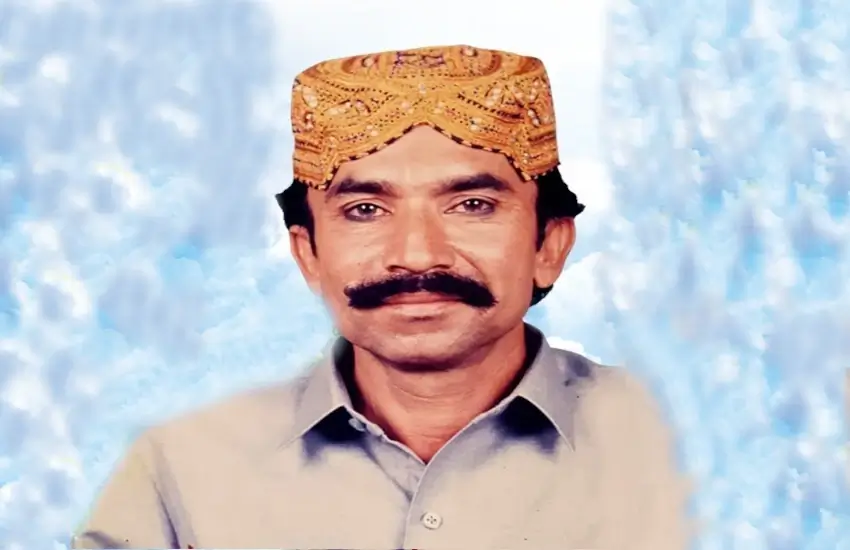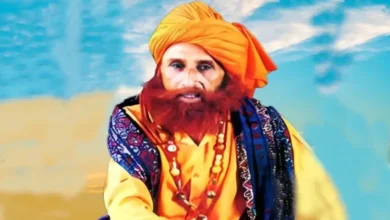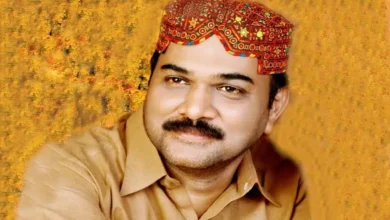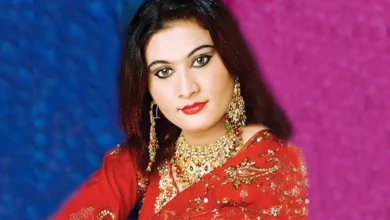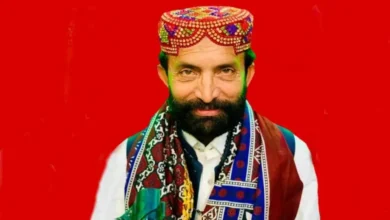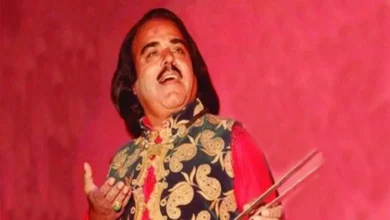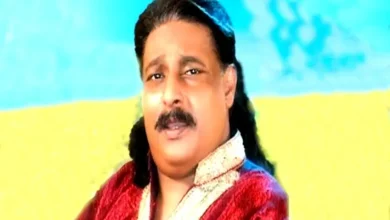Manna Dey – Bio, Top 40 Best Bollywood Music
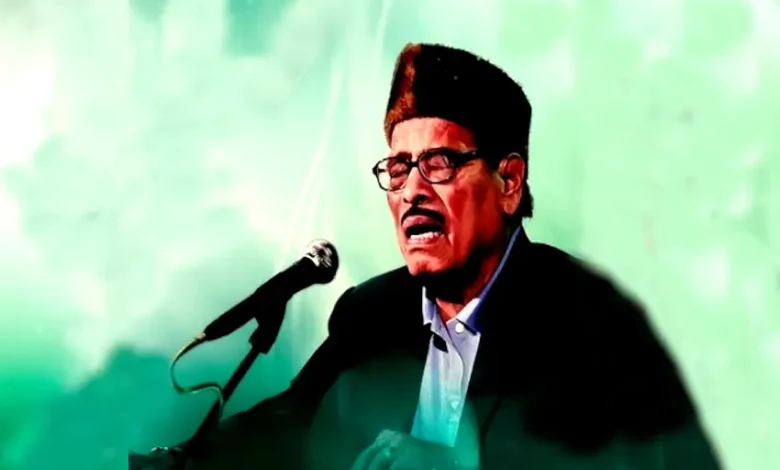
Manna Dey most popular Hindi music artist, he creates a great name in Indian film music, known for his exceptional musical talent and versatility. Known for his profound influence on Bollywood music, Day’s career spanned over seven decades, making him one of the most respected musicians of his time With over 4000 recordings, his contribution to Indian music is unparalleled, and he left an indelible mark on the profession.
Best Manna Dey Bollywood Music Download
Biography and Early Life
Born Prabodh Chandra Dey in Kolkata on May 1, 1919, Manna Dey was fascinated by music from an early age. His uncle Krishna Chandradey was a famous musician and encouraged Manna to pursue his passion. Growing up in the music scene laid the foundation for his future as a musician.
Entry into the music industry (1942)
Manna Dey’s career began in 1942 when he sang in the film Tamanna. His song “Upar Gagan Vishal” composed by Krishna Chandradey was his first step in the world of Bollywood Hindi music. This was just the beginning of a career that would soon blossom beyond expectations.
Krishnachandra Dey under the guidance of S.D. Burman wrote
Mannadey’s musical journey began with craft classes under the guidance of Krishna Chandradey. He later worked with the legendary Sachin Dev Burman, which furthered his musical talent. These experiences gave him a deeper understanding of composition and performance.
Foray into Bollywood with a first hit (1956)
A turning point in Day’s career came in 1956 when he recorded his first duet with several accomplished musicians. Some notable early classics include:
1. “Ghar Ghar Deep Jalav Re”: A duet with Sudha Malhotra from the movie Ayodhyapati (1956).
2. “Tum Mile Mil Gaye Karar”: Sung with Binta Chatterjee for Grand Hotel (1956).
3. “Zameen Hamari Zamana”: A soulful song with Sabita Banerjee for Lal-e-Yaman (1956).
These Hindi songs gave Day’s foothold in the industry and showcased his ability to effortlessly handle complex music.
Manna Dey’s quality is his versatility in music.
Dey was known for blending classical Indian raga with contemporary Hindi film music. His ability to adapt his voice to different emotions, be it love, devotion, or humor, sets him apart. His versatility made him the go-to singer for musicals that required both technical skill and emotional depth.
The Golden Age of Manna (1953-1976)
Manna Dey’s playback singing peaked from 1953 to 1976. During this time, he gave many iconic songs that still captivate the memory of listeners today and his soulful singing became an integral part of Bollywood songs, contributing to the Hindi film currency at the time of the.
Collaborating with renowned music directors
Throughout his career, Manna Day has worked with some influential music directors, e.g.
1. S.D. Burman wrote
2. Edited by R. D. Burman
3. Shankar-Jaikishan
4. Written by Madan Mohan
This collaboration produced timeless music that is still celebrated for generations.
Major achievements and accomplishments
Manna Dey’s contribution to Indian music was recognized with several prestigious awards:
1. Padma Shri (1971): Awarded for outstanding contribution to the arts.
2. Padma Bhushan (2005): Recognized for his lasting impact on Indian cinema.
3. Dadasaheb Phalke Award (2007): India’s highest award in cinema, recognizing his lifetime achievement.
Contributions to regional Indian songs.
Though Mannade sang mainly in Hindi, he was equally comfortable singing in other Indian languages like Bengali, Marathi, Gujarati, Kannada, and Malayalam. This ability broadened his appeal and made him more attractive than Bollywood.
Influence of Indian film music beyond Hindi cinema
Dey’s influence was not limited to Hindi films. He contributed greatly to regional theater musicals, improving musical performances across the country. His knowledge of genres remains an inspiration for aspiring musicians.
Personal life of Manna Dey
Manna De was known for being modest and humble despite his fame. He spent his later years in Bangalore, out of the limelight, focusing on family and occasional concerts.
Manna Day’s legacy and influence on contemporary musicians
Even after his death, Manna Dey’s Hindi music continued to inspire new generations of musicians. His influence is evident in the work of many contemporary recording artists, who look to him as a symbol of musical excellence.
In the Voice of Gold (2013)
Manna Dey passed away on October 24, 2013, in Bangalore, India. His death marked the end of an era, but his voice lives on through thousands of songs, ensuring his legacy will live on forever.
Conclusion
Manna Dey was more than just a playback singer he was a legend whose voice became part of India’s cultural heritage. His unparalleled versatility, dedication to Bollywood Old songs, and ability to evoke emotion in every song make him one of the greatest musicians India has ever produced From classical music to playful songs, Manna Dey’s songs capture music lovers for generations to come. For more Hindi music visit our website Media Music Mania.
FAQs
1. When was Manna Dey born?
Manna Dey was born on May 1, 1919, in Kolkata, India.
2. What was the first Manna Day song recorded?
His first recorded song was “Upar Gagan Vishal” for the film Tamanna (1942).
3. What award did Manna Dey win?
He was awarded the Padma Shri (1971), the Padma Bhushan (2005) and the Dadasaheb Phalke Award (2007).
4. In which language did Manna Dey sing?
He sang in several languages like Hindi, Bengali, Kannada, Marathi and Gujarati.
5. When did Manna Dey ascend?
Manna Dey passed away on October 24, 2013, in Bangalore, India.

